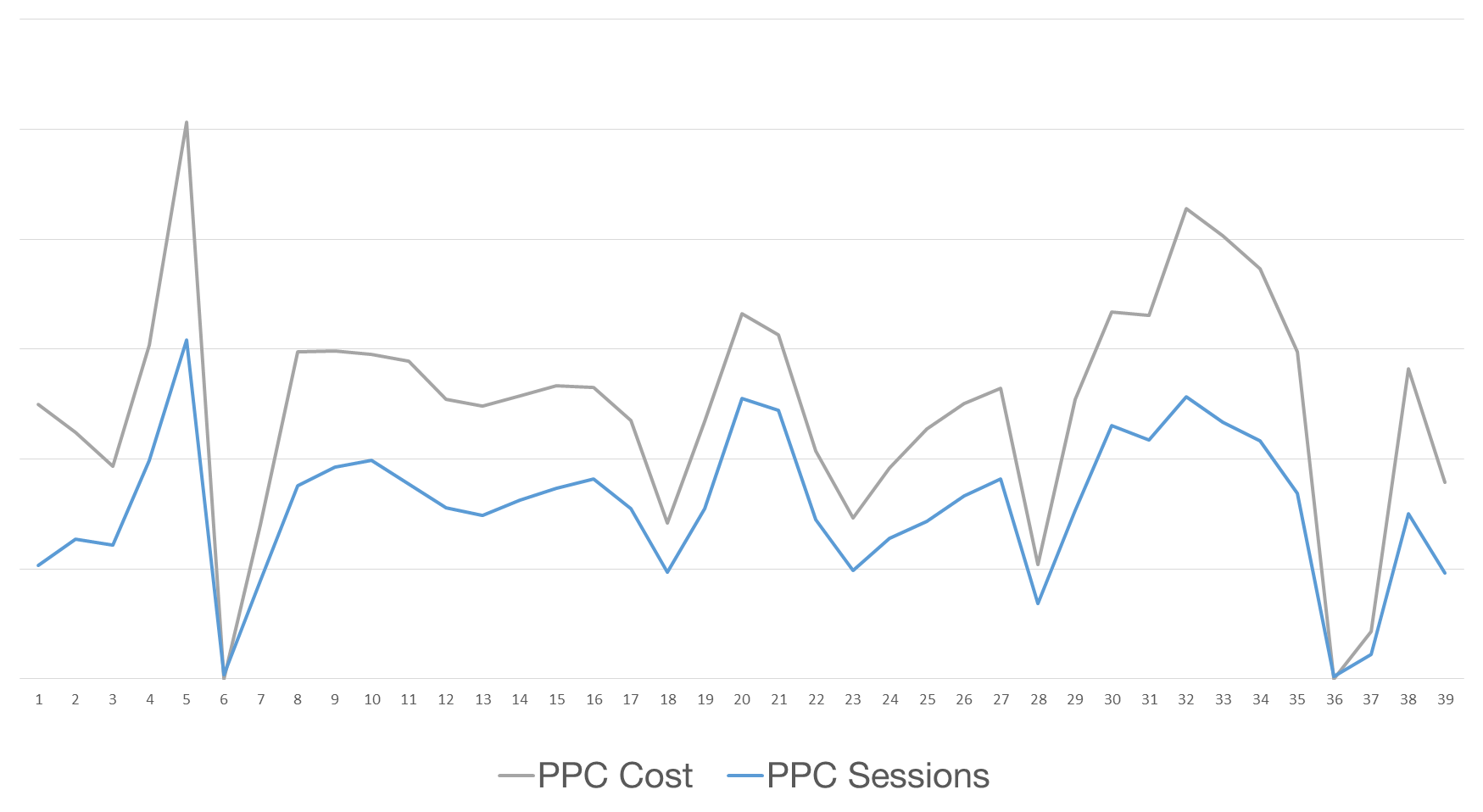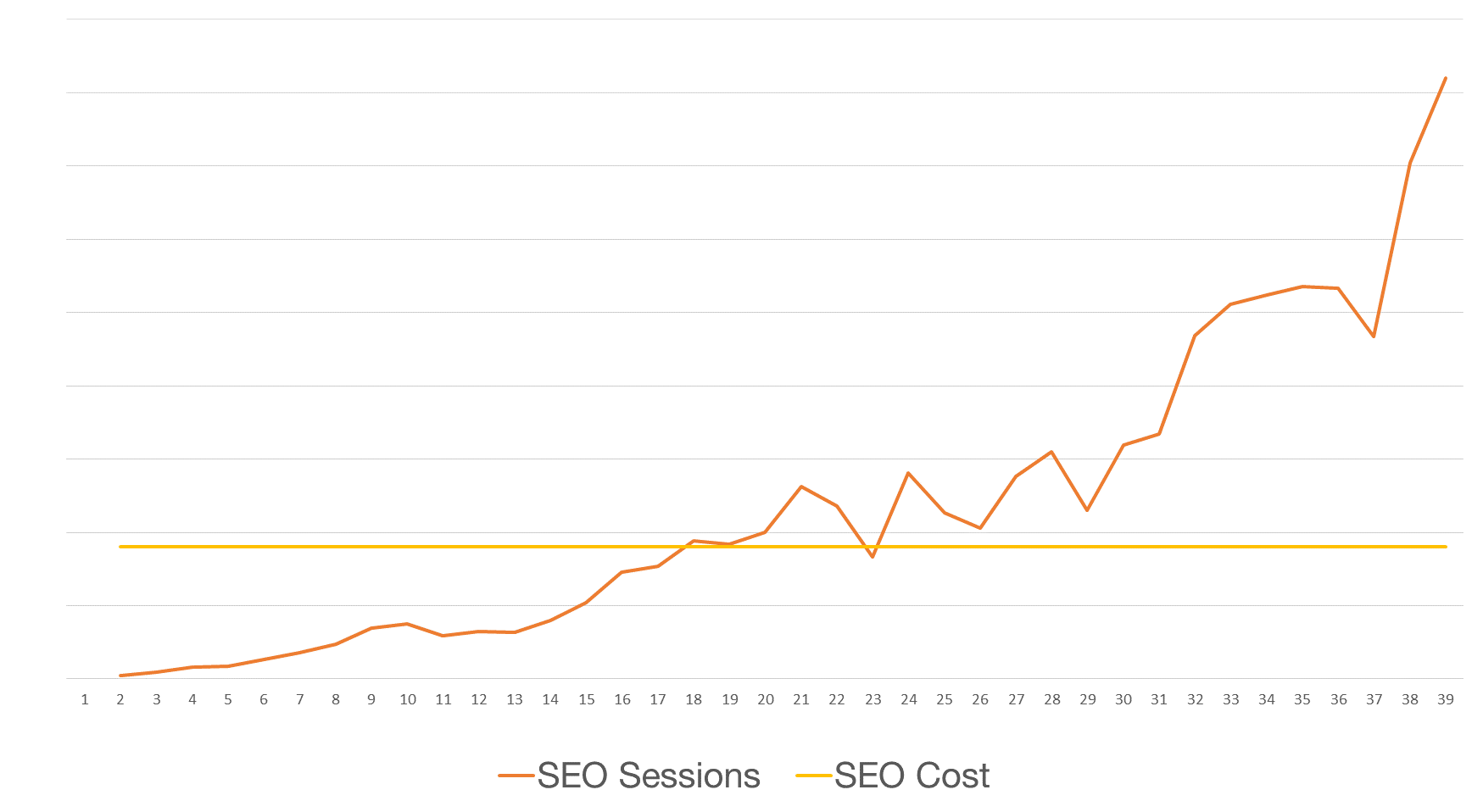April 1, 2015
| Article | Search Engine Optimization
Search: The Most Underrated Medium in Advocacy
Your advocacy campaign is missing a critical component. You've spent thousands on message testing, a microsite, banner ads, TV spots, and a team of consultants. Your media team placed fantastic letters to the editors of newspapers, which unfortunately couldn't be tracked. But you were lucky to have a mailing list, so you emailed your advocates and 7% sent a letter to their elected officials. A few even tweeted.
Unfortunately, so did your competitors on the opposite side of the issue who, by the way, happen to donate twice as much to Members of Congress.
There is no silver bullet in issue advocacy, but there is very often a missing piece: search engines.
Why Does Search Matter?
You know about Google. They process 40,000 search queries per second and 3.5 billion searches per day. Many of those searchers seek restaurant recommendations, help with a school paper, or the best local plumber, but they also seek information about your issue.
People search for healthcare and healthcare reform over 63,000 times per month, but they searched obamacare 823,000 times per month in 2014 - that represents more eyeballs than all but our country's top 3 newspapers in circulation.
People search for gun laws and gun control 82,000 times per month but they searched NRA 135,000 times per month in 2014.
The point is, there is a tremendous audience of people who seek information about your issue - but they do so using their own search terms, and on their own time. Achieving a true online presence requires reaching these people by ranking for those terms. If your story isn't there, your opposition's story will be.
Persuading the Middle
Every issue has "unwavering advocates" and "lost causes" at opposite ends of the spectrum. These people will either love or hate everything you say, and there is nothing you can do to change their minds. Your content will either be embraced as a beacon of truth or shunned as propaganda.
As with any political race, the battle is won or lost in the middle.
Search reaches the middle. People who are on the fence, either unaware of or under-educated about your issue, turn to Google to learn more and they usually trust what they find.
Search: The Credible Medium
Since the invention of the newspaper, humans have been conditioned to trust the front-page news to be accurate, timely, and important. Although Google employs no editorial process, humans unconsciously apply a high level of trust to page one search results.
Many studies have proven this, and evidence is found in the statistics:
- 90% of searchers never go beyond page one, despite the promise of millions of more results
- 96% of all clicks and actions occur on page one
- 92% use search engines as their primary source of information
- 92% of people trust what is on page one
Balancing the Conversation
Your typical Google search results page for an issue will include some news headlines mixed with seven to ten organic listings. You may see a few images, videos, or 'in-depth articles' - Google's attempt to provide high-quality content to enhance the user experience.
Each listing (or position) is an opportunity to tell your story, balance what people hear from the news media, or refute your opposition's claims. A neutral listing is better for you than an extreme article by a lost cause blogger or your opposition's coalition microsite, press release, or letter to the editor.
Remembering that 90% of searchers never proceed to page two, it is important to know that not all positions are created equal. Whether on a desktop or mobile device, position one will get 30% of the clicks. Position two drops to 14%. Position three garners 10%, and so on.
Without a comprehensive SEO strategy in place, it can be difficult or impossible to reach these top positions.
Enhance Your PR Strategy
91% of journalists use Google to do their job. They trust and rely on Google (or Bing or Yahoo) to deliver accurate information to enhance their story. Having your industry-created content referenced by a prominent journalist is PR and SEO gold.
One of our clients, a leading foam manufacturer, came to us for help with an advocacy campaign in 2012. We developed a suite of content-rich SEO microsites for this client and successfully drove those microsites onto page one for a variety of relevant search terms; the expanded visibility led to prominent news organizations such as the Washington Business Journal and the New York Times linking to our client's content in their news articles. The benefits of those associations were twofold - inbound links from powerful news sites help build even more SEO strength, and, of course, the reference itself on a high profile platform helps shape the conversation.
Listen and Shape Your Narrative
Using SEO in an advocacy campaign makes you feel like a sage. A solid search strategy allows you to measure how top-of-mind an issue is while giving you a window into the exact language your audience speaks. A good search program makes you an excellent listener. If you build your campaign on a foundation of knowledge that includes search volume and target keywords, you can craft your messaging in a way that speaks directly to your target audience and moves them to take action.
Reduce Your Dependence on Paid Media
Across any industry or geography, one thing holds true: the cost of paid media continues to rise. Media companies are for-profit entities and the cost to drive 1,000 visits will almost assuredly be higher next year.
On the flip side, we have continually seen effective SEO programs drive down the cost to reach people, and drive up the return on your search agency investment.
Paid Media: You Get What You Pay For
Paid media is important and paid search, in particular, can work, but as soon as you stop, the benefits end. This example shows how traffic and spending over a 39-month program were in complete lockstep.

Organic Growth & Increasing ROI
Over those same 39 months, an effective SEO program took root, resulting in more and more traffic over time as search rankings, referrals and organic outreach grew. By the end, the apples-to-apples metric for driving traffic — Cost Per Thousand (CPM) — favored SEO and organic traffic by a factor of 7. Would you rather spend $1.80 or $0.20 to attract the same advocate to your content?

How to Get There
Hopefully by now you're eager to put search to work for your advocacy campaign. There are some things you can do on your own, such as on-page optimization for important keywords. But off-page SEO is what really makes the difference: when you have a comprehensive search strategy in place that takes off-site factors (such as strategic link building) into account, you'll see a dramatic improvement in your rankings. In order to do off-site SEO effectively, you need to have an intimate understanding of how search engines work and a firm grasp on the risks and rewards of various strategies. It's complicated work that requires an expert hand, but it can make all the difference for your cause